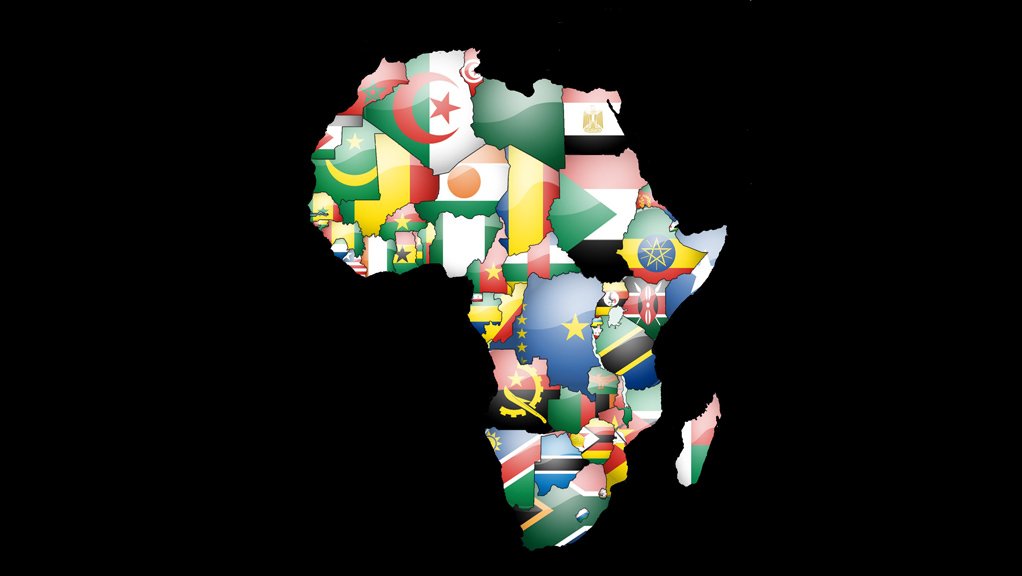Africa is expected to recover from its worst recession in half a century and reach 3.4% growth this year, development finance institution African Development Bank (AfDB) notes in its '2021 African Economic Outlook' report.
The outbreak of the novel coronavirus in December 2019 has taken a massive toll on Africa, contributing to a 2.1% contraction in 2020, by hitting tourism-dependent economies, oil-exporting economies and other resource-intensive economies the hardest, as well as deepening inequality, says AfDB president Dr Akinwumi Adesina.
Further, the continent-wide projected recovery this year does not remove the threat of increasing poverty. An estimated 39-million Africans could potentially slip into extreme poverty this year, following about 30-million who were pushed into extreme poverty in 2020 as a result of the pandemic.
The report finds that populations with lower levels of education, few assets and working in informal jobs are the worst affected and must be protected.
“Africa’s predicted growth could be subject to major downside risks arising from both external and domestic factors. The cost of inaction will be large,” warns AfDB VP and chief economist Rabah Arezki.
In 2020, government spending across Africa skyrocketed as countries sought to support their populations through the pandemic.
“This has had a direct negative impact on budgetary balances and debt burdens: the average debt-to-gross domestic product (GDP) ratio for Africa is expected to climb by 10% to 15% in the short- to medium-term, fuelled by the surge in government spending and the contraction of fiscal revenues as a result of Covid–19,” the report says.
This will result in fast-paced debt accumulation in the near to medium term. Although the average debt-to-GDP ratio had stabilised at about 60% of GDP, recent debt restructuring experiences in Africa have been costly and lengthy owing to information asymmetries, creditor coordination problems and the use of more complicated debt instruments, the report states.
“The fundamentals of Africa’s debt burden must be prioritised and not ignored. The bank made a strategic and forward-looking choice to discuss a topic that could become a key policy concern in the near term,” Adesina says in the report’s foreword.
“We need to address Africa’s debt and development finance challenges in partnership with the international community. Much larger financial support is needed, and private sector creditors need to be part of the solution. The time for a debt relief drive for Africa is now.”
Such relief would require that African countries credibly commit to their share of the deal through bold governance reforms to eliminate all forms of leakages in public resources, improve domestic resource mobilisation, and enhance transparency - including on debt and in the natural resource sector, says Adesina.
RECOMMENDATIONS
A multi-pronged policy approach is needed to address the pandemic. This includes supporting the health sector with resources for healthcare systems to cope with the virus and other preventable diseases; monetary and fiscal support to underpin economic recovery; expanding social safety nets and making growth more equitable; and minimising the long-term implications of the pandemic on human capital accumulation by opening schools and scaling up active labour market policies to retool the labour force for the future of work through digitalisation, industrialisation and diversification, he says.
“We have a once-in-a-century opportunity at building forward better, more equitable, more sustainable and, above all, more resilient. Prompt and bold measures are needed to make it happen,” concurs AfDB Macroeconomic Policy, Forecasting and Research Department director Hannan Morsy.
In addition to public policies in agriculture, industry and trade, African countries will need an all-out effort to harness digital technologies and an active promotion of free and fair competition to reignite growth, leveraging the Africa Continental Free Trade Area, says Adesina.
“The nexus between governance and growth is the right focus for putting Africa on a sustainable debt path and forestalling any need for future debt relief,” he highlights.
EMAIL THIS ARTICLE SAVE THIS ARTICLE ARTICLE ENQUIRY
To subscribe email subscriptions@creamermedia.co.za or click here
To advertise email advertising@creamermedia.co.za or click here











